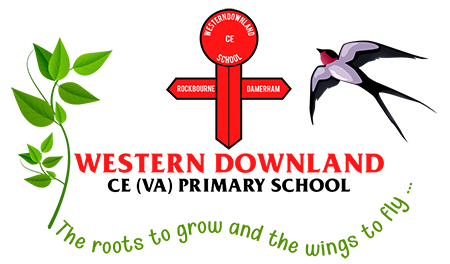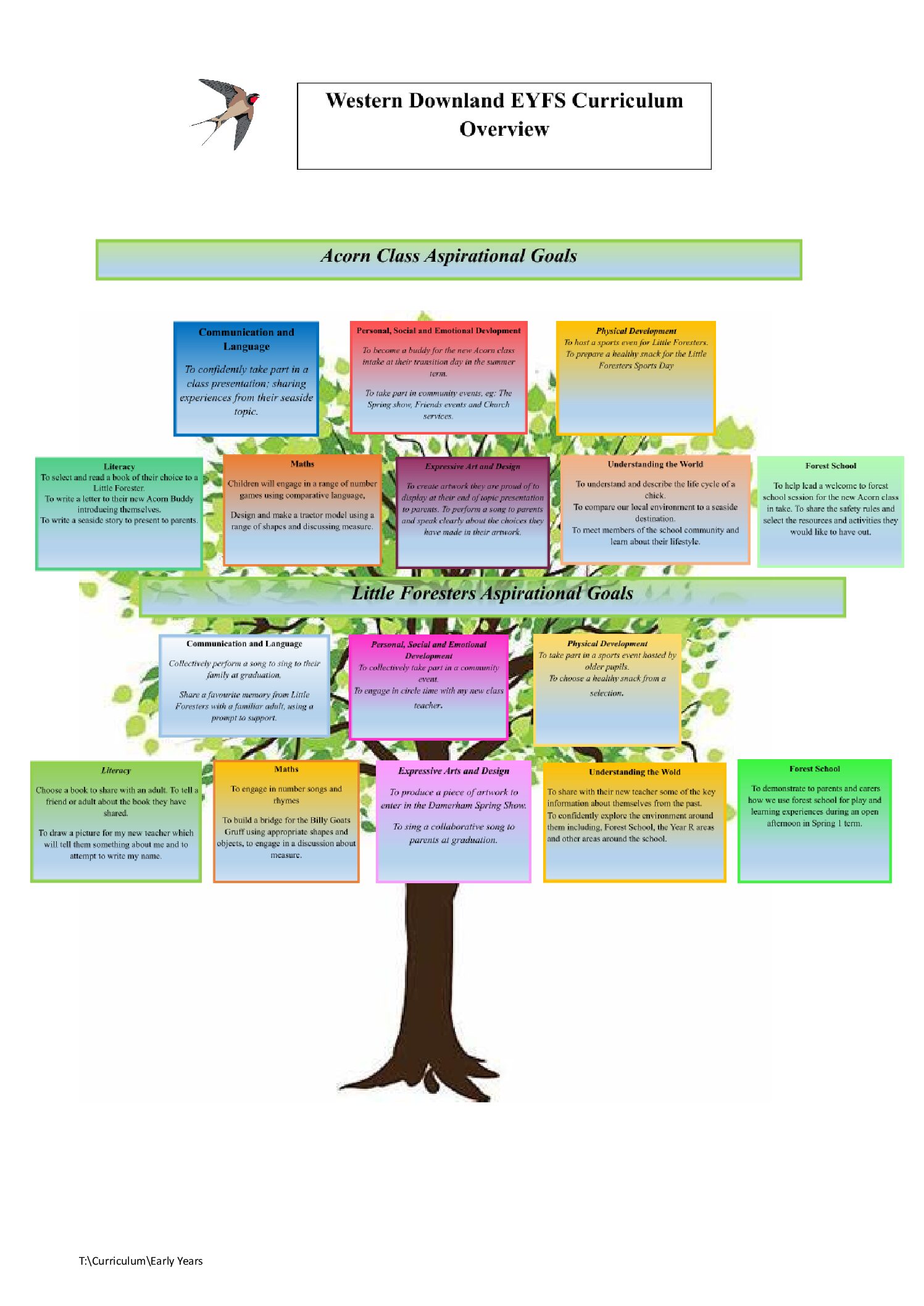Children learning in our Little Foresters Nursery and Little Acorns Reception class are known as the Early Years Foundation Stage (EYFS). We follow the statutory EYFS framework for teaching and development. This stage is very important in a child’s life as it helps prepare for school ‘readiness’ as well as preparing them for their future learning and successes.
The EYFS framework explains how and what children will be learning to support their healthy development and provide the foundation children need to make the most of their abilities and talents as they grow up.
Children learn skills, acquire new knowledge and demonstrate their understanding through 7 areas of learning and development, these are split into Prime and Specific areas.
Children start developing in the 3 prime areas first. These are:
- Communication and language;
- Physical development; and
- Personal, social and emotional development.
These prime areas are those most essential for a child’s healthy development and future learning.
As children grow, the prime areas will help them to develop skills in 4 specific areas. These are:
- Literacy;
- Mathematics;
- Understanding the world; and
- Expressive arts and design.
All 7 areas of learning are used to plan children’s learning and activities. We make sure that the activities are suited to your child’s unique needs. This is a little bit like the curriculum in the rest of the school but it’s suitable for very young children, and it’s designed to be really flexible so that staff can follow your child’s unique needs and interests, while also teaching them the most important skills and knowledge to prepare them for future learning.
Please see below for our eight Curriculum Aspirations for the Early Years. These have been
carefully chosen based on the children’s needs, areas of development and our own personal ethos at Western Downland CE (VA) Primary School.
Throughout the year, we track the children against these Aspirations at six different Milestones. Children failing behind are identified and additional provision is provided to support their needs.

